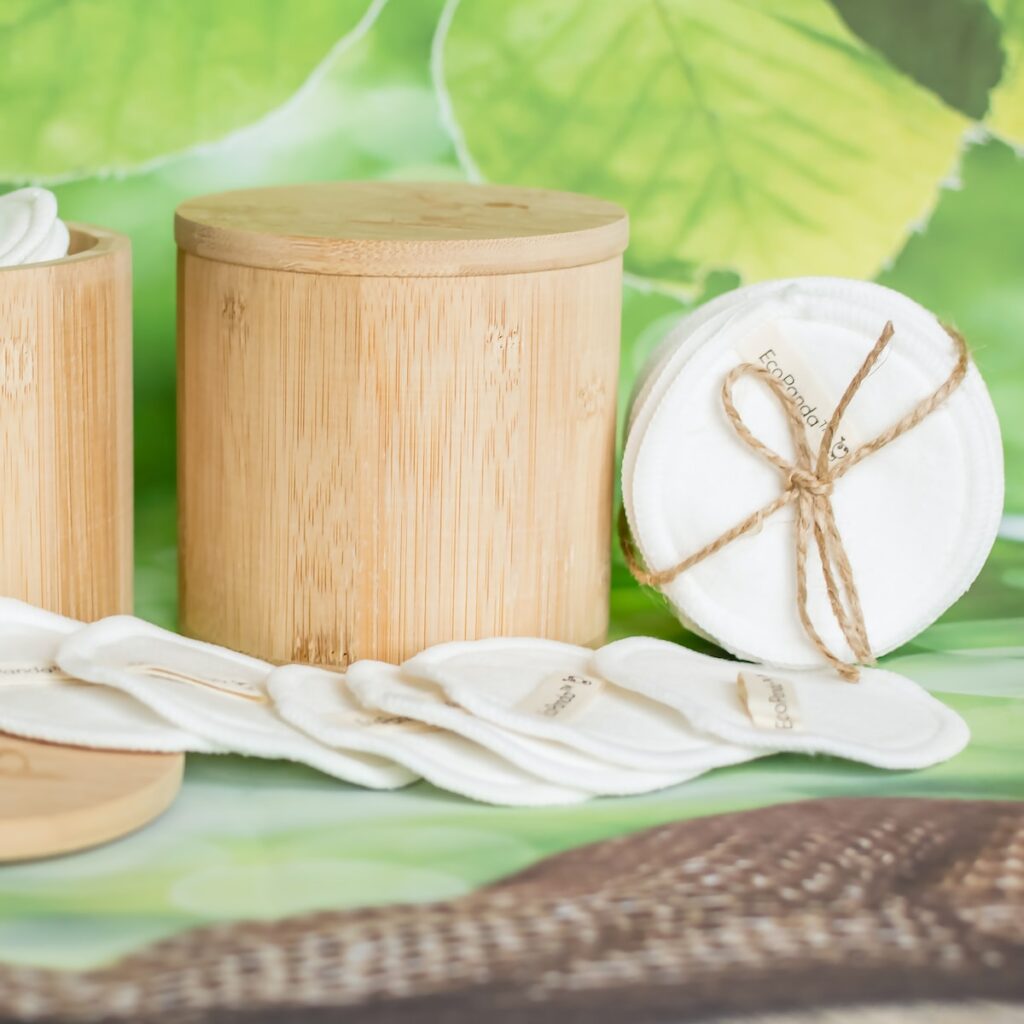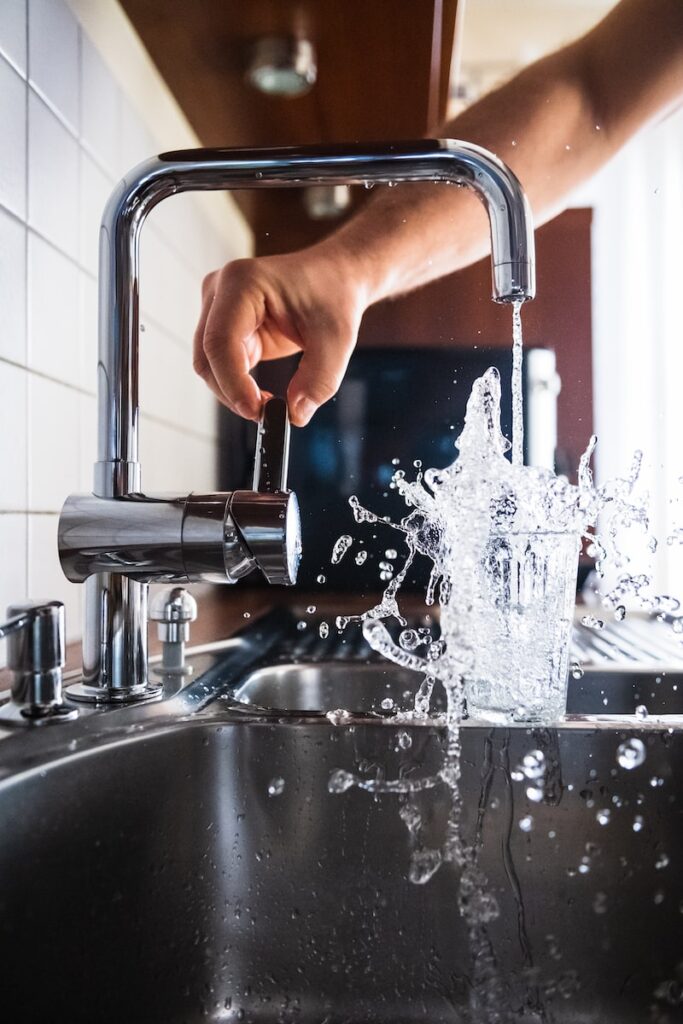How to be more eco-responsible at home
Regardless if you are a house owner, tenant or traveling for work/pleasure, each of us should keep in mind that today’s World is benefiting from an individual’s eco-friendly behavior. In this article we share five pieces of advice on how to be eco-friendly during a renting period. Many of Homelike’s landlords invest in sustainable amenities and ease tenant’s eco-friendly behavior in front. But in order for this to work to its full potential, it’s everyone’s responsibility to acquire a right mindset and accept simple, yet effective actions.
1. Sort and recycle trash
In many European countries recycling is already a well accepted habit. But for some reason we tend to lose our focus for responsibility when renting, especially in a foreign country. Barriers such as different trash sorting rules in a given city or country might seem like a “not worth bothering” type of issue. But we should have in mind these activities are made to be easily accepted and approachable. For that reason, do your part and see into it by asking your landlord or neighbors questions you yet don’t know the answers for. If nothing, remember that sorting plastic and paper while separating biodegradable waste is commonly accepted in all European Union countries, and there is a solution on how to throw your trash responsibly.

2. Shut off lights
Even though we are happy that energy-saving light bulbs have already become a standard in almost every household, we can still contribute to make their purpose shine to its full potential. Not only do energy-saving light bulbs last up to 12 times as much as traditional bulbs, but they also save up to 80% less energy and reduce carbon emissions by up to 40kg a year. However the effect could be reduced if we waste the power. Most obvious example is having lights on in rooms which no one uses. Most common example is the bathroom, or a kitchen desk light that might create a cozy atmosphere during night hours. Our advice is to use this situation as a small workout exercise. When you notice the light in an empty room, get up and walk to shut the light off..
3. Unplug electronic devices when not in use
During the pandemic many of us have created a home office setup, equipping our homes with additional electronic devices, such as displays, desk lights and in many cases having an additional laptop or a PC unit only for work purposes. All these devices consume additional electricity that we didn’t have in the past. Even if electronic devices are shut off or in sleep mode, they are still using energy. Obviously, this advice is also directed to many other devices we have in our home. So, next time you are traveling for the weekend or taking an overnight business trip unplug non-essential devices from the wall sockets, until your return.
4. Optimize your heating and cooling temperature
With the current energy crisis, and raised costs in all European countries we have already become more self aware of our energy consumption. However, maintaining our habits during the stay in the landlord’s apartment, doesn’t deprive us from responsible behavior. As we know heating and cooling combined takes almost half of household energy consumption. Naturally we all like to feel comfortable, but for every 1 degree temperature change you are saving up to 1% in energy costs for each 8-hour period. Little tricks such as not overheating (or cooling) the apartment while you are outside, or heating/cooling rooms you don’t stay in during the day (i.e. bedroom), will improve the effectiveness of energy saving consumption.
5. Save water
Lastly on our list is the most sensitive topic, and that’s water. A substance of which all living creatures depend on, but yet us humans take for granted in many cases. Regardless of which country you live in, water consumption is increasing and becoming a rising problem that many of us are still not aware of. Using less water will save infrastructure and energy costs. By saving water we create less contaminated water, and this helps to save an adequate supply of clean water for our future and future generations. We advise you to keep in mind while showering to turn off the water when not washing out, and do the same while brushing your teeth. If you want to take an extra mile, avoid buying water in plastic bottles, as we could all use less plastic in our lives.

For more tips and insights check Ostrom, an English friendly green energy provider that makes renewable energy more accessible and inclusive.






















